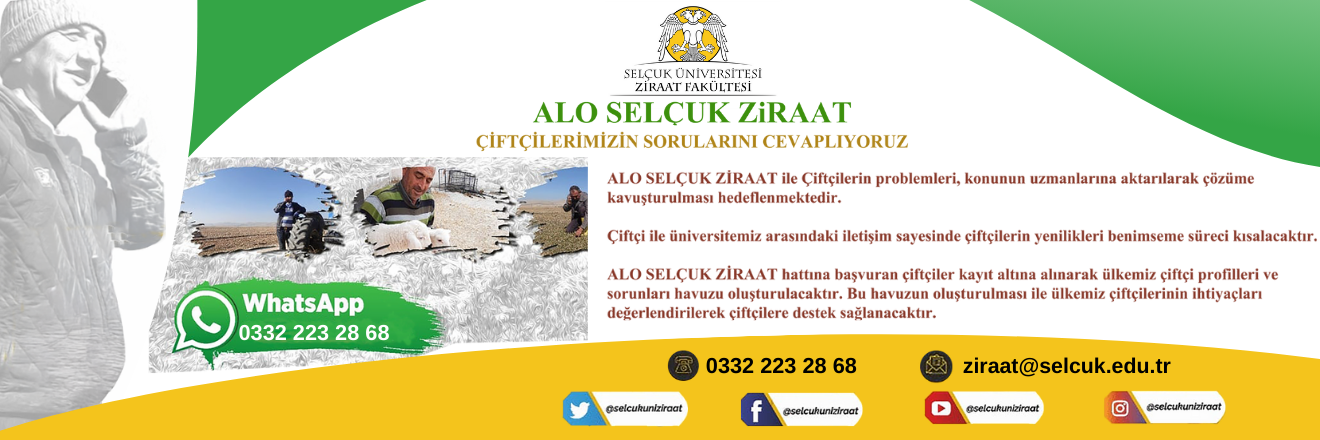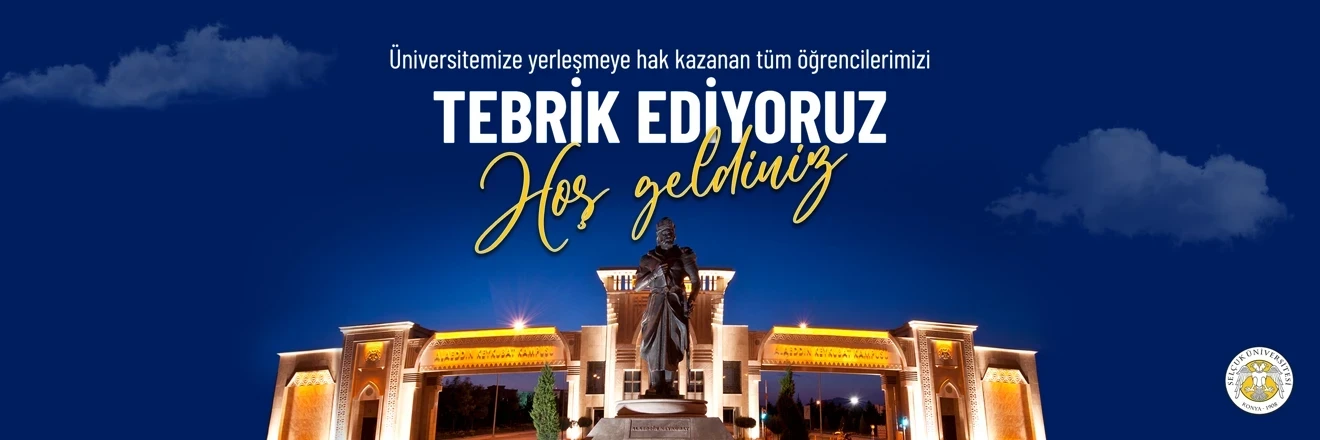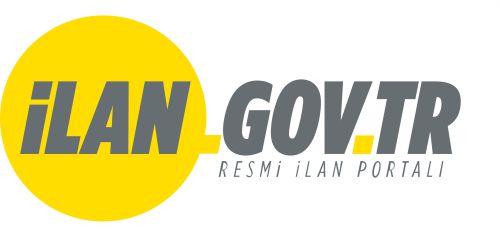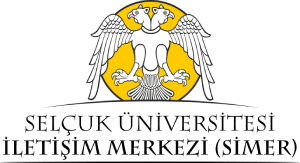|
NO |
PROGRAM ÇIKTILARI |
|
P.Ç. 1 |
Temel tarım bilimleri ve tarım bilimlerini öğrenme kolaylığı sağlayan bilgileri öğrenerek, tarımsal üretim tekniklerini temel düzeyde uygular. |
|
P.Ç. 2 |
Ekonomi ile ilgili temel kavram ve kuramları öğrenir, bilir ve tanımlar. |
|
P.Ç. 3 |
Ekonomik teoriler ile tarım ekonomisi ilke ve prensipleri arasında bağlantı kurar, makro ve mikro tarım ekonomisi problemlerinin çözümünde bu ilke ve prensipleri uygular. |
|
P.Ç. 4 |
Tarımsal işletme fonksiyonlarını öğrenir, bilir ve bu fonksiyonlarının yürütülmesi ile ilgili geliştirilmiş teknikleri uygular. |
|
P.Ç. 5 |
Örgütlenme konusunda temel kavramları bilir ve ülkesel düzeyde çiftçi organizasyonlarının yapılandırılması ile ilgili çalışmalarda yer alır. |
|
P.Ç. 6 |
Tarımsal sigorta ve risk yönetimi konusunda bilgi ve tecrübe sahibi olur, bu bilgileri üreticilere aktarma yetkinliği kazanır. |
|
P.Ç. 7 |
Üreticilere ve ilgili paydaşlara tarımsal bilgi ve tekniklerin aktarımında danışmanlık ve bilirkişilik yapar. |
|
P.Ç. 8 |
Kaynak kullanımı ile verimlilik ilişkisini çevre, kalite, gıda güvenliği ve sürdürülebilirlik hedefleri paralelinde sosyal, bilimsel ve etik değerlere bağlı kalarak yürütür. |
|
P.Ç. 9 |
Ulusal ve uluslararası tarım ürünleri ve girdileri piyasalarını, bu piyasaları etkileyen teknik, ekonomik ve sosyal faktörleri ve uygulanan politikaları bilerek karar alır. |
|
P.Ç. 10 |
Tarım ve kırsal alana ilişkin makro ve mikro sorunları tanımlar, çözümü için bağımsız ve grup halinde araştırma yaparak ilgili verileri toplar, bu verilerin analizinde kullanılan teknikleri öğrenir, bilir ve uygular, elde edilen sonuçları analiz eder, model oluşturur, formüle eder ve sorun çözmede kullanır. |
|
P.Ç. 11 |
Tarım ve kırsal kalkınmaya yönelik projeleri planlar ve yönetir. |
|
P.Ç. 12 |
Alanıyla ilgili bilgileri edinmek ve diğer uzmanlarla iletişim kurabilmek için bir yabancı dili Avrupa Yabancı Dil Portföyü B1 seviyesinde bilir. |
|
P.Ç. 13 |
Yaşam boyu öğrenmenin gerekliliğini kavrayarak, dinamik, yeniliklere açık, analitik düşünebilen, sosyal yönü kuvvetli kimliğe sahip olur. |


 kopyası_638657167008609245_638658339233942760.webp)













.png)


